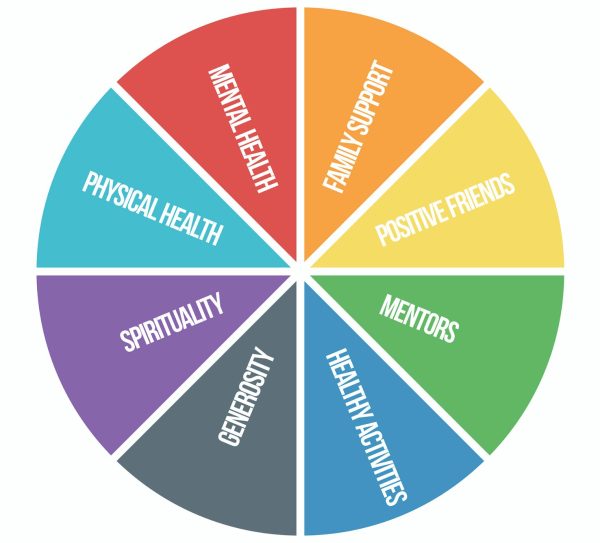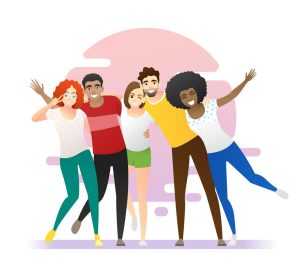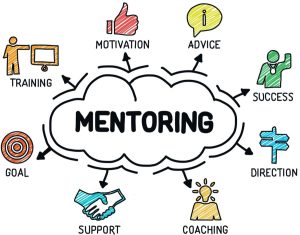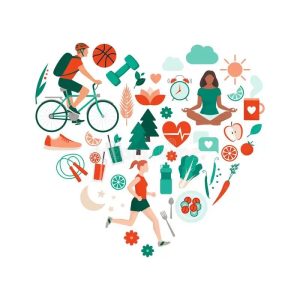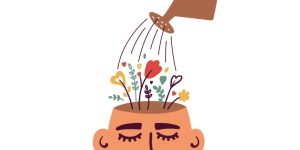A healthy activity is a practice that gives your mind or body something it needs. Whether that something is a break, exercise, or social interaction, a healthy activity makes you feel good. What works for some doesn’t work for everyone. You might get more enjoyment out of a healthy activity that others might find difficult or boring. That’s okay! Your interests and hobbies are part of what makes you unique. Embrace what makes you happy, and provide the space for others to do the same.
Turning to a healthy activity is a great way to deal with big emotions or stress. Sometimes we need to clear our heads or take some time for ourselves. What better way to do this than curling with a book, diving head-first into a few hours of video games, or belting out a few songs in the shower.
Discover what types of activities make you happy so that when you’re in the midst of tough times, you have a few ideas stored away. If you can’t think of any, you can always try something on our list by clicking here!




